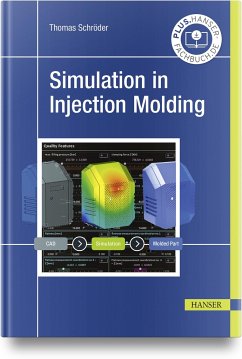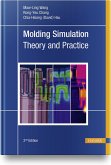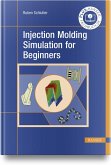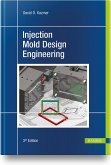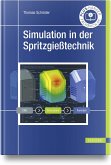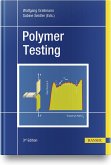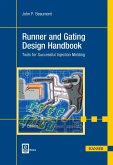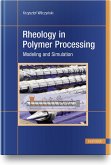In plastics technology, a wide variety of computer programs are used for the design and optimization of molded plastic parts and for mold design. These programs calculate the filling process, the holding pressure phase, and the cooling phase of the molded part in the mold. The results include, for example, pressures, temperatures, weld/knit lines, and voids. The shrinkage and warpage behavior of the molded part can also be predicted. Understanding and interpreting these simulation results is not trivial, although they are colorful representations with numerical values. Regardless of whether one has many years of experience as a designer, a mold maker, or an injection molder, or whether one is in training or studying, simulation is becoming increasingly important. For this reason, experts who know how to use these programs correctly are increasingly sought after in the market.
This book is intended to expand readers' specialist knowledge in the field of simulation, thereby increasing their ability to recognize and avoid molding errors at an early stage. Readers will also learn to draw the right conclusions from the simulation results and develop their own solutions.
This book is intended to expand readers' specialist knowledge in the field of simulation, thereby increasing their ability to recognize and avoid molding errors at an early stage. Readers will also learn to draw the right conclusions from the simulation results and develop their own solutions.

